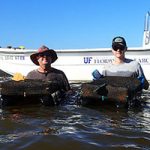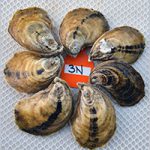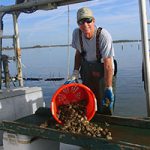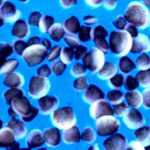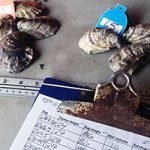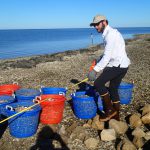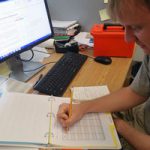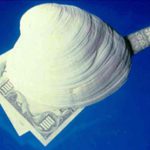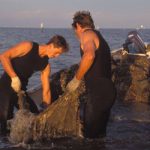
Aquaculture Certificate Renewals and Shellfish Harvester Training
All Aquaculture Certificates of Registration (“AQ cards”) will expire on June 30th. Renewal information will be mailed by the Florida Department of Agriculture and Consumer Services (FDACS), Division of Aquaculture, this includes a preprinted application and notice of $100 fee. Any applicant working with shellfish must complete the Harvester Education Training and submit a copy of their certificate of training along with the application. Applications and fees must be returned by June 30th to avoid a lapse in certification. They may be submitted via mail: FDACS, P.O. Box 6710, Tallahassee, FL 32314-6710, with a check or money order made payable


